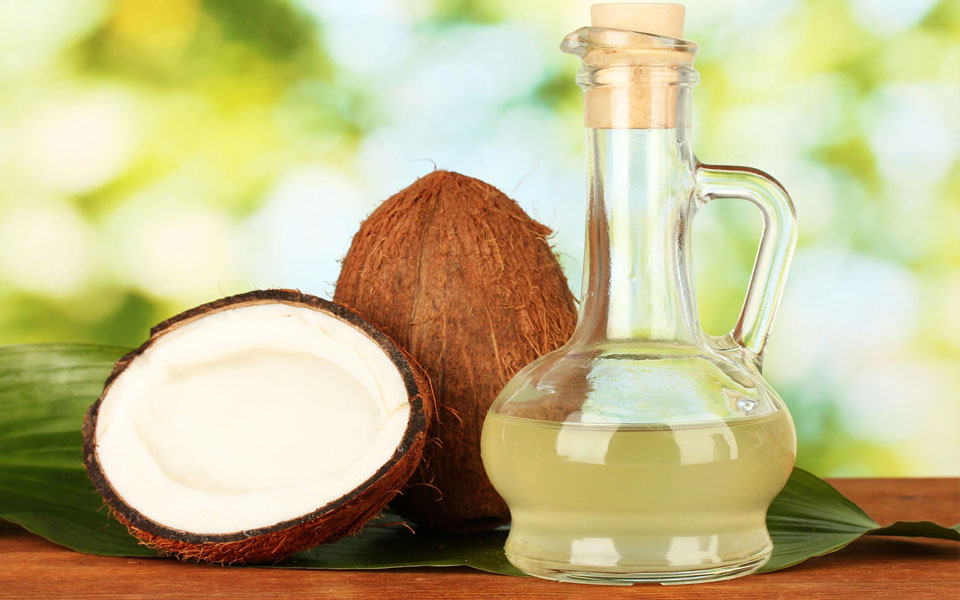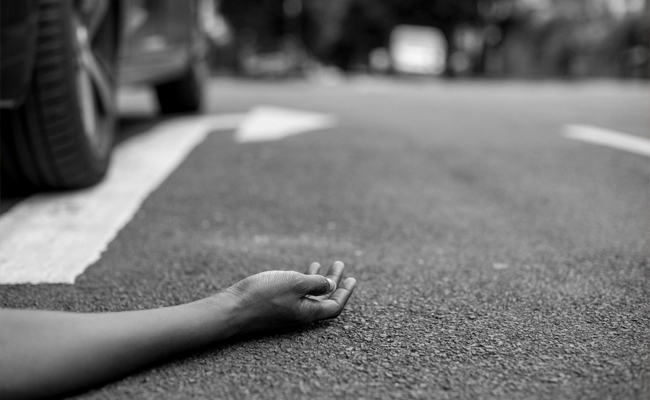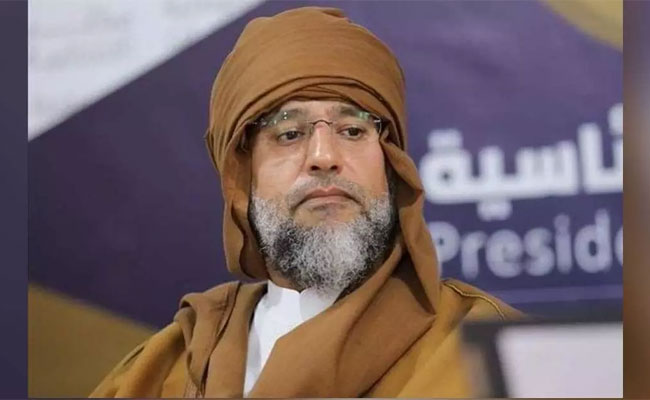In a talk--very interestingly titled, “coconut and other nutritional errors”-- a Harvard professor called coconut oil ‘pure poison’. This lecture about coconut oil-- which has fallen from grace in the recent years-- has gone viral on YouTube, garnering more than a million views.
After being worshipped as the ‘holy grail’ product for skin, hair and even health for years, this oil came under fire after the American Heart Association issued an advisory regarding the same in 2017. The AHA claimed that it can contribute to higher risk of heart diseases as it is full of saturated fat.
Now, Karin Michels, professor of epidemiology at Harvard, claimed in her lecture that coconut oil is not healthy and repeatedly called it “poison”. She also claimed that it is more harmful than lard (pig fat) as it is high in saturated fatty acids which, in turn, may clog arteries.
"I can only warn you urgently about coconut oil," she further added, calling it one of the “worst” foods that one can eat.
Her warnings come as a big shock as coconut oil is repeatedly being advertised as the multi-purpose oil which is the “ultimate” food for health. Surprisingly, there is little to no evidence to back the claim of it being the “superfood” that it has been made out to be since ages.
Professor Michels is not alone in slamming this oil, Dr Frank Sacks, who is a nutrition professor at the Harvard explained further, “Coconut oil is very high in saturated fat that raises your LDL cholesterol, which is a bad cholesterol. It is unhealthy to consume it.”
What should you do?
The bottom line is that while there is limited research about coconut oil's impact on the body--whether good or bad. It is always good to remember that moderation is the key, so if you are going to use coconut oil, use it in moderation. But, if this research scares you, you can always swap it with virgin olive oil.
courtesy : timesofindia.indiatimes.com
Let the Truth be known. If you read VB and like VB, please be a VB Supporter and Help us deliver the Truth to one and all.
Ghaziabad (UP) (PTI): Three minor sisters died after allegedly jumping off the balcony of a ninth-floor flat in Ghaziabad early on Wednesday, police said.
Assistant Commissioner of Police (Shalimar Garden) Atul Kumar Singh said the police received information around 2.15 am about three girls jumping off the balcony of the ninth-floor apartment in a tower of Bharat City, located under the Teela Mor police station area.
On reaching the spot, the police found that the girls -- Nishika (16), Prachi (14) and Pakhi (12) -- daughters of Chetan Kumar, had fallen to the ground floor and suffered fatal injuries, the ACP said.
They were rushed by ambulance to a hospital in Loni, where doctors declared them dead on arrival, he added.
The police have initiated legal formalities and are investigating the circumstances leading to the incident, officials said.





